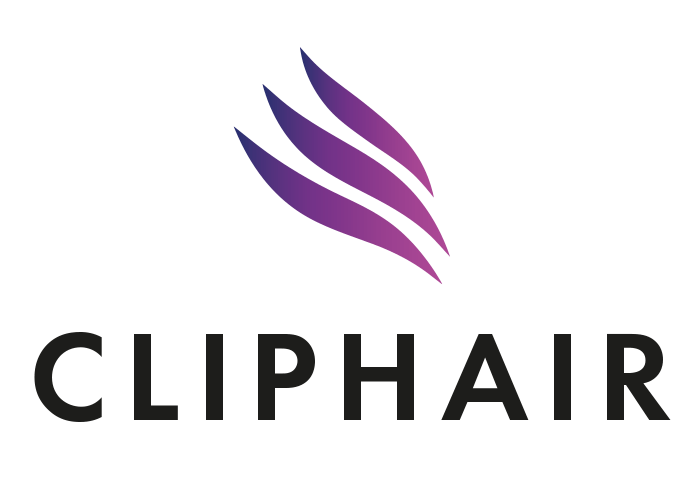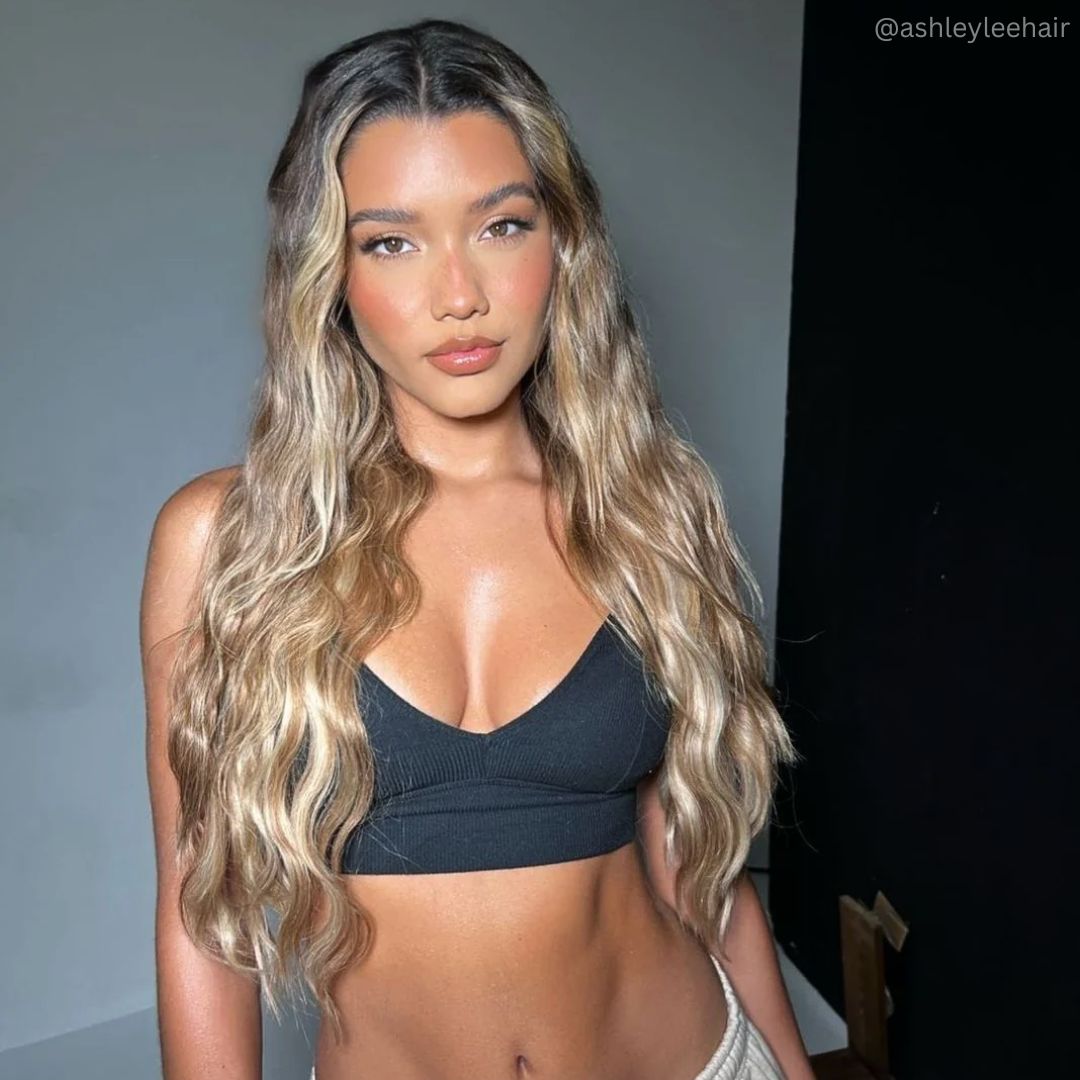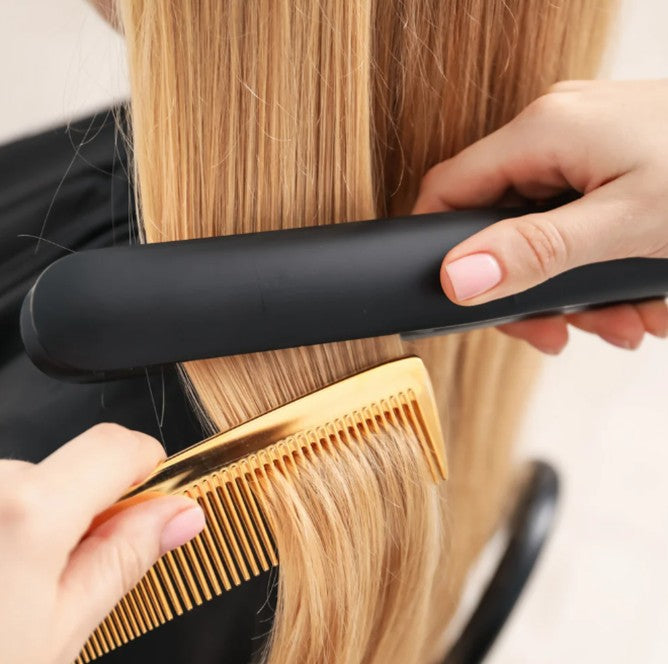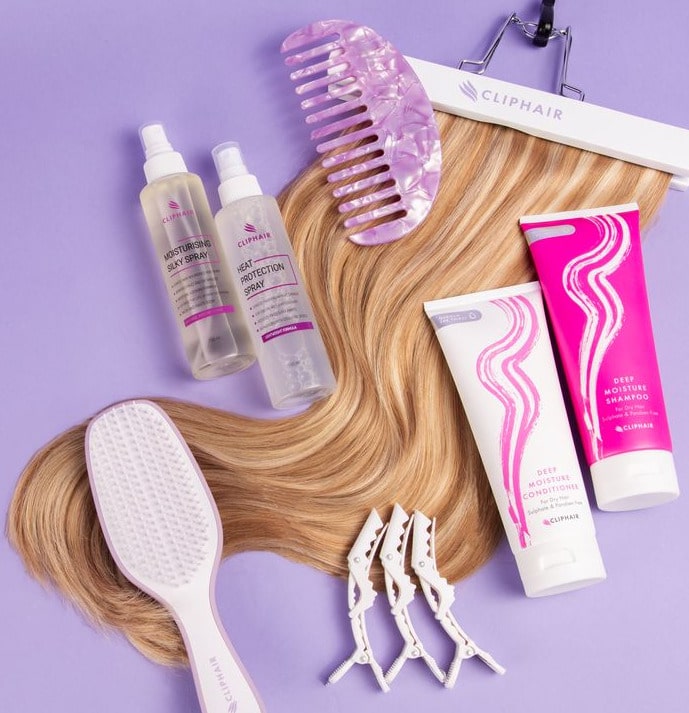Hairline Microblading: Yass or Pass?
by BRENDA L. / 28. DEZ 2022

Reading Time: 11 Minutes
Index
If you’ve been experiencing hair loss and hair thinning, especially around your hairline, the latest trend involves a well-known permanent makeup technique and precision work. Did you get it at the first guess?
Well, the blog’s title kind of gives it away, but yes: we’re talking about hairline microblading, also known as scalp microblading. Is it a clever solution or a total fail? Is it safe? And most importantly: how long does it last?
Let’s find out everything you need to know before booking an appointment.
1. Microblading Hairline: What Is It?
Microblading is a technique widely known and used in the permanent and semi-permanent makeup world. As in the past decade we’ve seen a comeback of thick, bushy eyebrows, more and more men and women alike have been resorting to treatments such as eyebrows microblading, brow tinting and brow lamination treatments to restore their gaze after years of waxing and overplucking.
As the precise strokes and incisions of microblading look so natural when healed, a few permanent makeup artists have noticed that – as it works so well to replace missing hairs in patchy eyebrows, with fuller and thicker amazing results – this technique could be applied to those struggling with a thinning hairline or tiny bald spots too. Scalp tattooing (also known as scalp micropigmentation) and hairline microblading, however similar, are not the same thing.
2. How Does Microblading Work?
Microblading uses the same concept behind antique traditional tattooing techniques such as stick and poke. Unlike the aforementioned method, however, it involves the use of a small precision blade, dipped in a special type of ink safe to use for this type of practice.
Then, the blade is stroked against the skin to create small incisions that mimic the look, thickness and direction of natural hairs. The blade goes inside your skin and stops right above your dermis layer, and with it the ink’s pigmentation.
3. Hairline Microblading Vs Scalp Micropigmentation
Let’s discern the differences between these two treatments first, so that you can make an informed choice and see which one of the two may be helpful to your case.
Hairline microblading and scalp micropigmentation mainly differ in the tattooing technique: whilst the former is characterised by hair-like strokes, scalp micropigmentation features dot-like patterns to create the illusion of hair follicles – mimicking the look of a shaved head.
In the beauty industry, these terms can sometimes be (incorrectly) interchanged. Make sure you research your technician of choice and see photos and videos of before and after results to make an informed choice. If you’re looking for strokes that resemble the look of natural hair, you’ll need to request hairline microblading.
4. How Much Does Microblading Hairline Cost?
The prices of this innovative treatment are still unclear and generally speaking it’s safe to say that each specialist kind of names their own. A small spot can go around £300, a full hairline can reach atomic numbers up to £2000. Although pricey, hairline microblading is significantly cheaper than any major hair transplant, and way less invasive.
Even if you’re not struggling with hair loss or hair thinning, microblading your hairline can be used to create the illusion of thickness in areas that are generally low-density, such as the temples.
5. Is Microblading Permanent?
No. Microblading will require regular touch ups to look at its best.
6. How Long Does Hairline Microblading Last?
PMU experts swear that hairline microblading can last around 12 to 18 months, depending on your scalp type, how frequently you wash your hair, hair and scalp treatments, conditions and whatnot. On average, the expectations seem to point to satisfying results that last up to a year.
7. Can Anyone Get Hairline Microblading?
Whether you can or cannot get this type of treatment can be influenced by many factors; microblading artists in general advise against hairline microblading those that:
8. How To Prepare For Hairline Microblading?
There’s a few things you can (and should) get done before undergoing a hairline microblading session. The recovery process right after you get the work done is quite long, and it involves avoiding a shower for two days and avoiding any water from coming in contact with your scalp for a week. For these reasons, it’s good custom showering right before your appointment (and schedule the rest of your week as you can).
Avoid taking aspirin, vitamin E, and alcohol, caffeine, or blood thinners for a week before the session. This will help reduce bleeding. Excessive bleeding isn’t just a source of discomfort for you, it will also make your PMU artist’s life much harder as it will be difficult for them to draw precise strokes.
Additionally, if you’re a skin care fan, I’m sorry: no retinol, glycolic acid, or aggressive scrubs and other abrasive products to be used on the treatment area. Again, this should start happening around five days prior to your appointment. Last but not least, show up at your hairline microblading session with clean hair but no styling products nor oils on your tresses – no, not even on your ends!
9. What to Expect During a Hairline Microblading Treatment?
The whole journey should always start with a consultation. A professional PMU artist will always request to see the area-to-be-treated in advance to evaluate how they will work their way in there to ensure a seamless blend with your natural hair.
They will choose the right pigment to match your hair colour and will pre-draw the strokes to give you an idea of what the final product will look like; this is your chance to give them any details about how you wear your hair, what your desired finish is, and every detail that might seem relevant to get the best results for both of you.
Your hairline will be thoroughly cleansed to get rid of any sebum, for your PMU expert to start with a clean canvas; then, they will apply a numbing cream so that you won’t experience intense discomfort and – let’s be honest – excruciating pain. After all, it’s a blade going through your skin that we’re talking about.
Since numbing creams can take around half an hour to start working their magic, lots of PMU artists use this time to guide you through the paperwork and talk you through the upcoming stages.
After the first round of blading, it may be necessary to undergo a second session right after. If that’s the case, your PMU artist will apply a new layer of numbing cream and crack on with their work once the product has kicked in.
The final step of a hairline microblading treatment is all about relaxation: your skin will be covered in cling film and you will be left to lay down and let the pigment settle. Once this is done, your PMU expert will remove the plastic, clean the area and check the results. Most of the times, this also means photo-time for their portfolio.
10. Microblading Hairline: Aftercare
The rules are quite simple, and are there to keep you safe and to guarantee satisfying, long lasting results to the procedure. Here are the golden rules of hairline microblading aftercare:
- No washing your hair for at least 7 days. Even better if you can get to 10 days without washing it.
- No shower for the first 48 hours. If you really have to, limit yourself to a quick shower without steam nor water coming close to the treated area.
- No sweating for 2 weeks. This includes a temporary goodbye to exercise, saunas or steam baths.
- No swimming. Wait 4 weeks before hitting the pool.
- No hair dying for 4 weeks (and for 2-3 weeks before the treatment, so book all of your appointments in advance accordingly!).
- Resist the urge to scratch – I get it, the area can get itchy as it heals: stay strong.
- Apply your healing balm as prescribed.
- Do not apply your regular skin care products on the area.
11. Microblading Hairline: Is There A Downtime?
No – getting your hairline microbladed isn’t much different from getting a tattoo. If you’re familiar with what that’s like, then you’ll know what to do. After your appointment, you can get on with your regular daily activities – but don’t forget to comply with the general aftercare rules described above.
12. What Are The Side Effects Of Hairline Microblading?
When talking about side effects of this treatment, there are a lot of pros and cons to take in consideration. Some of the controversies about this treatment are factual, whilst some others are not correct. Let’s see them together.
Microblading Your Hairline Affects Hair Growth Negatively
FALSE. With microblading the pigment is deposited superficially, without coming in contact with the hair follicles. This means that the natural growth of your hair won’t be affected.
Hairline Microblading Won’t Look Precise
TRUE/FALSE. Unfortunately this varies from person to person. The properties of your skin and scalp may affect the healing process and move pigment around slightly. Whilst many cases heal with precise, well-defined strokes, some others will experience a blurry finish in certain areas.
Hairline Microblading Is Unbearably Painful
TRUE/FALSE. If you don’t use a numbing cream, it can be an incredibly uncomfortable experience. Any good practitioner will make sure to use some though, as this is a very sensitive area. Pain tolerance is very personal and varies from individual to individual, but thanks to numbing cream this will be reduced to mild discomfort.
Hairline Microblading Can Scar
TRUE. Just like with regular tattoos, microblading can potentially end up scarring your tissue as a result of extreme irritation and/or infection. This is why it’s essential for you to keep the area clean before and after your appointment.
Microblading On Your Hairline Can Fade Away/Change Colour
TRUE. Over time, the colour and appearance of the pigments can change or fade. Unfortunately, the only way to get rid of this is via laser treatments, which are costly and uncomfortable to undergo.
13. Hairline Microblading: Is It Worth It?
This is a very personal question, but given the info-dump I’ve written above, you may now be able to come to your own conclusion about whether this treatment might or might not be for you. If you’re looking for a drastic change and need to add significant portions of hair that has stopped growing, microblading your hairline might not suffice and you may need to look into hair transplant.
If you’re planning on changing your hair colour in the future, microblading will then become fairly obvious, contrasting against your new shade. For example, if you get your hairline microbladed as a brunette and decide to go platinum blonde six months later, the dark strokes will stand out.
If you need to get a fuller look on your hairline or a certain area of your scalp for a temporary occasion, you can easily use makeup such as eyeshadow, or even coloured dry shampoo to achieve the look.
Last but not least, hairline microblading creates the illusion of hair density in areas where hair is more sparse, such as your temples – however, this is a flat, 2D illusion and won’t create any volume in your actual mane, where thickness can only become evident by adding actual hair. If you’d like to get fuller tresses, adding remy hair extensions might be the solution – way cheaper and more comfortable than undergoing a microblading session on your scalp.
14. Conclusion:
Hairline microblading is a permanent make up solution that, in my honest opinion, still needs to be studied and looked into to get satisfying, long lasting and precise results. However, many happy customers have undergone the procedure and are delighted with the results. As everyone’s skin and body react differently to this type of treatment, my best advice is to go to an experienced practitioner and to have an in-depth consultation and ask every question you could possibly have before letting the blade come any close to your skin.
Suchen Sie makelloses, salonwürdiges Haar, ohne die Bank zu sprengen? Bei Cliphair haben wir für Sie luxuriöse Clip-In-Haarverlängerungen für schnelle Transformationen und dauerhafte Haarverlängerungen für langanhaltenden Glamour. Extensions benötigen besondere Pflege und Wartung, um ihre Qualität zu erhalten. Deshalb haben wir alle erstklassige feuchtigkeitsspendende Haarpflegeprodukte erforderlich, um Ihren Stil auf den Punkt zu bringen.
Brauchen Sie den perfekten Farbton? Stöbern Sie durch unser komplettes Sortiment an Echthaar-Extensions in über 70 satten, seidigen Farbtönen oder schauen Sie sich unsere KOSTENLOSER Express-Farbabgleichservice um jedes Mal eine nahtlose Mischung zu gewährleisten.






